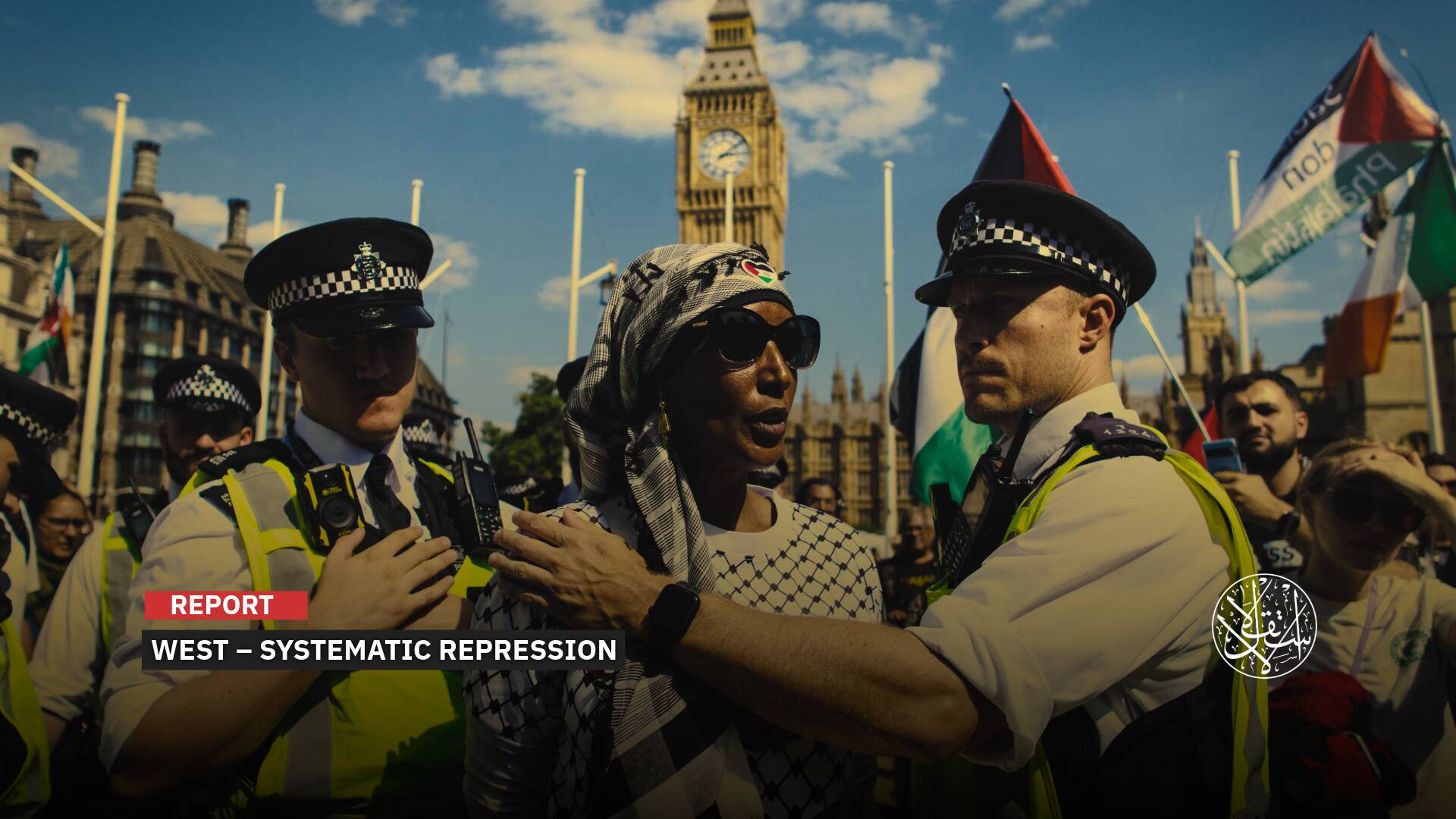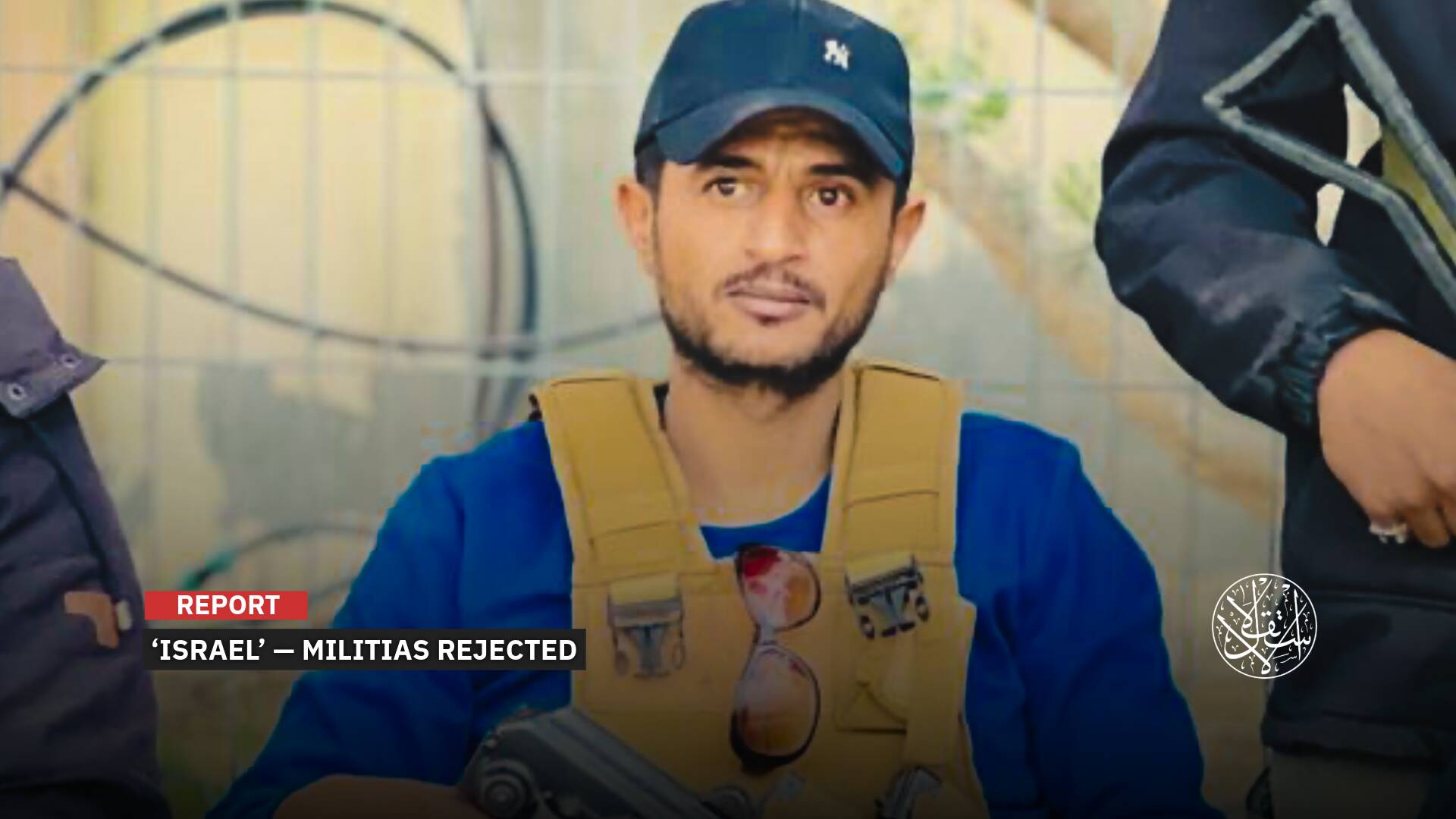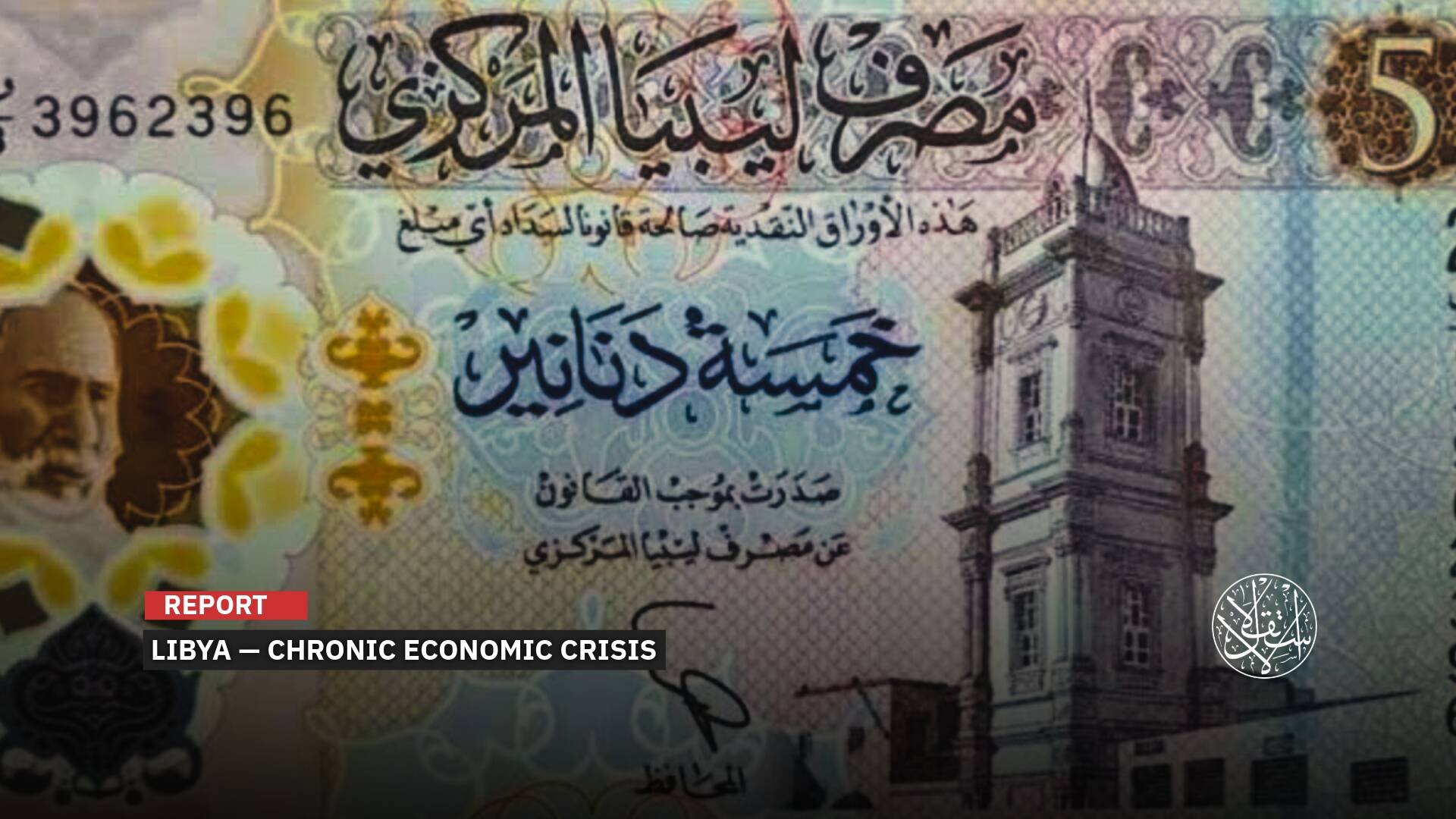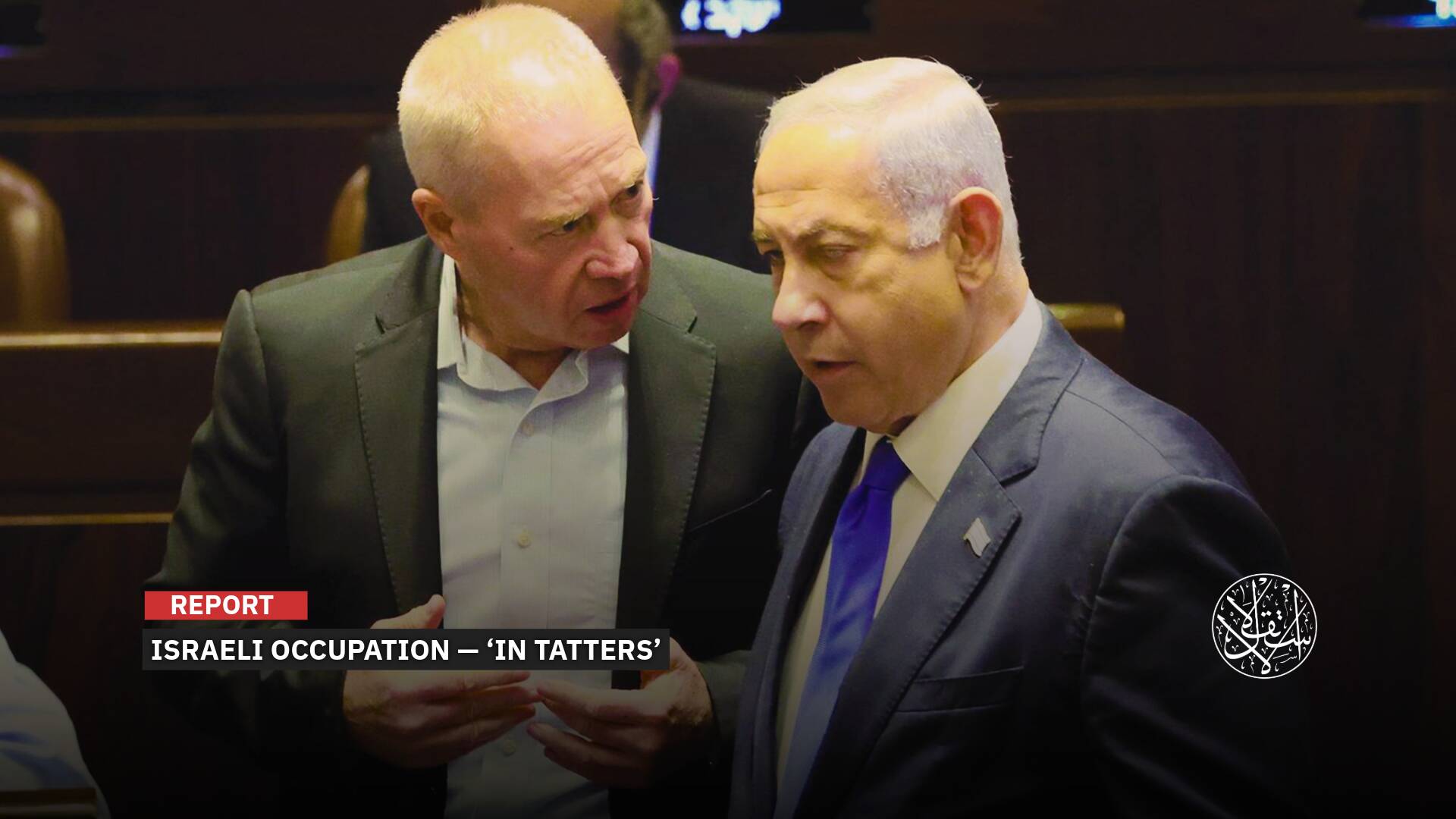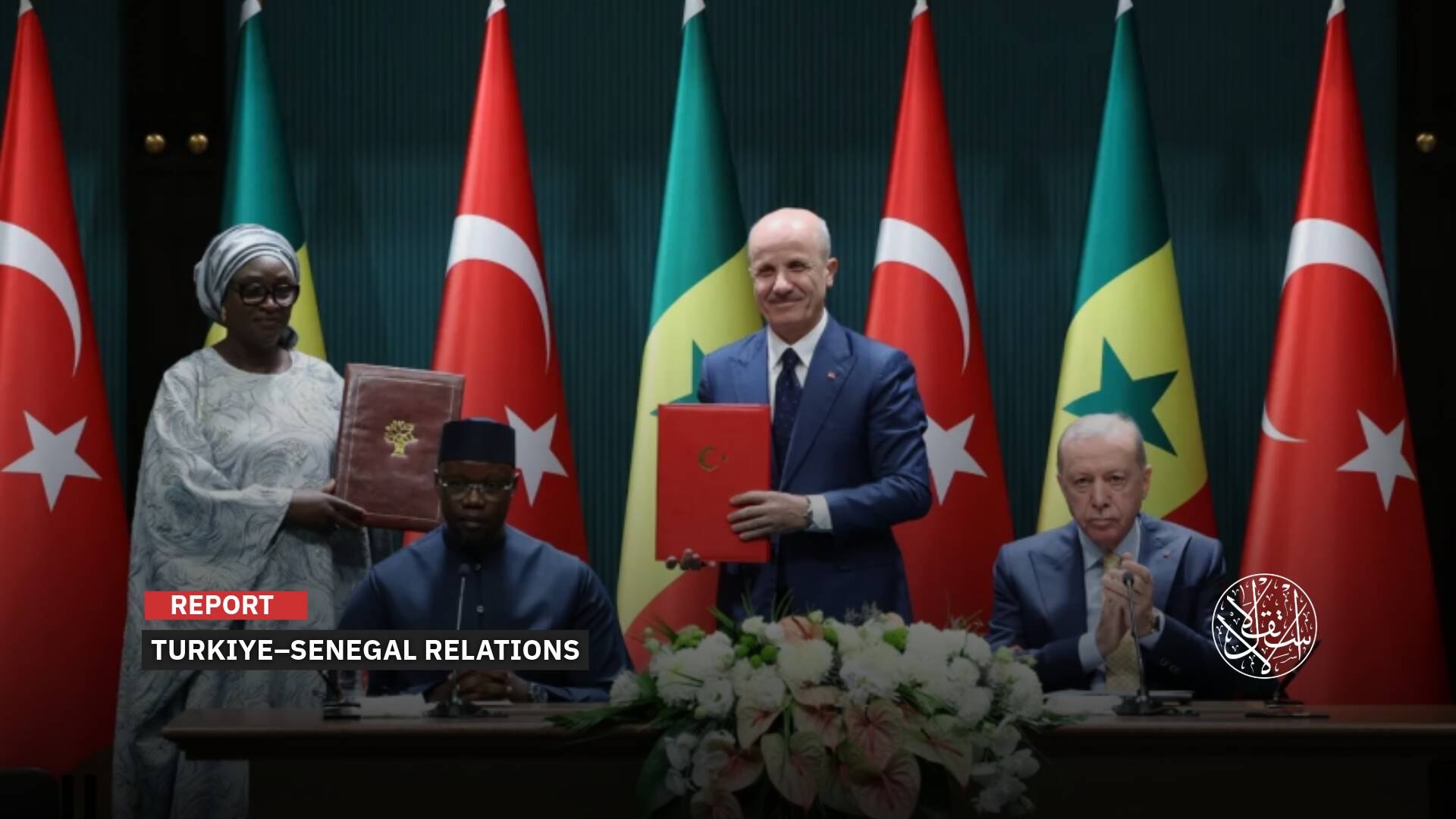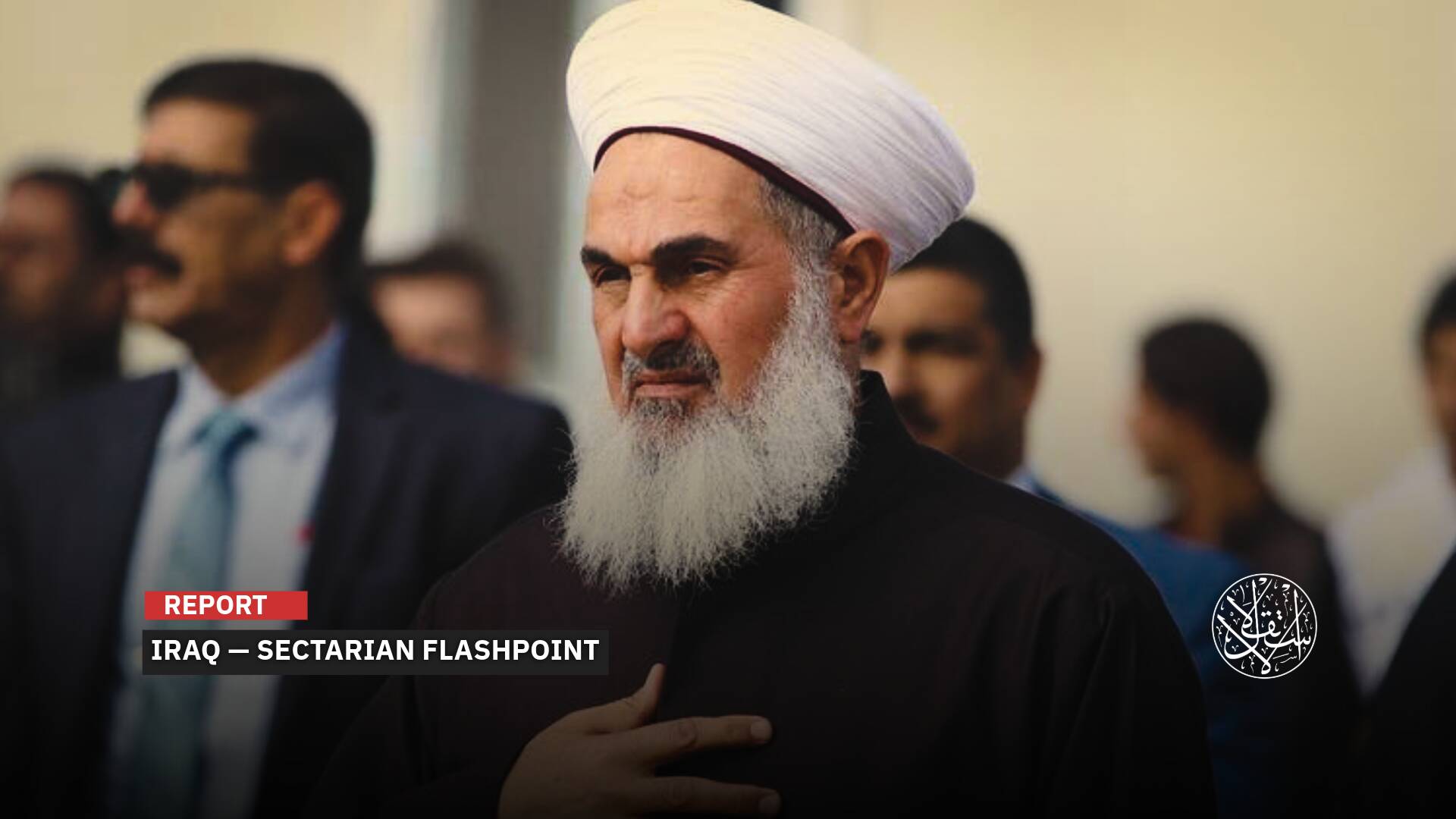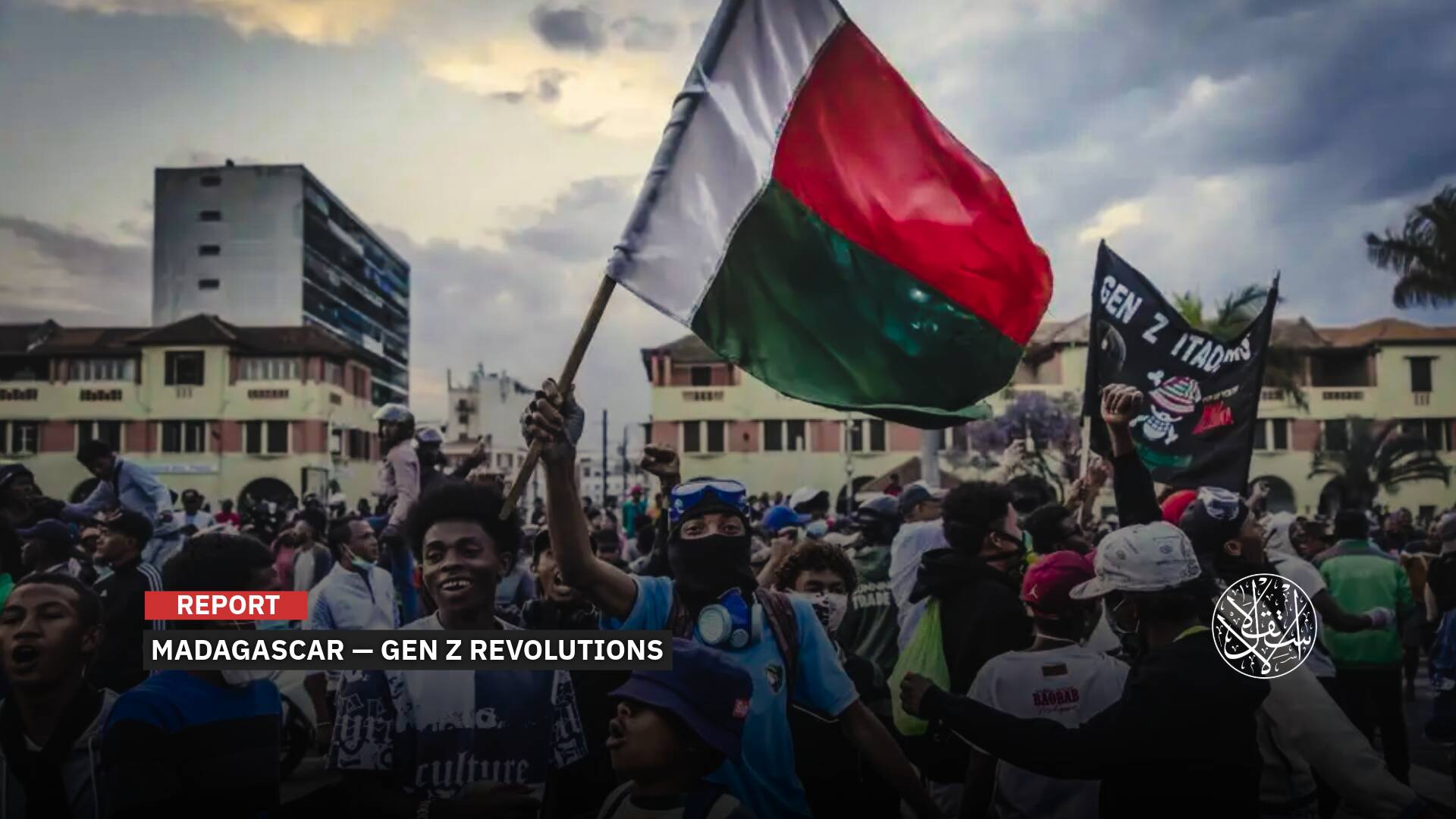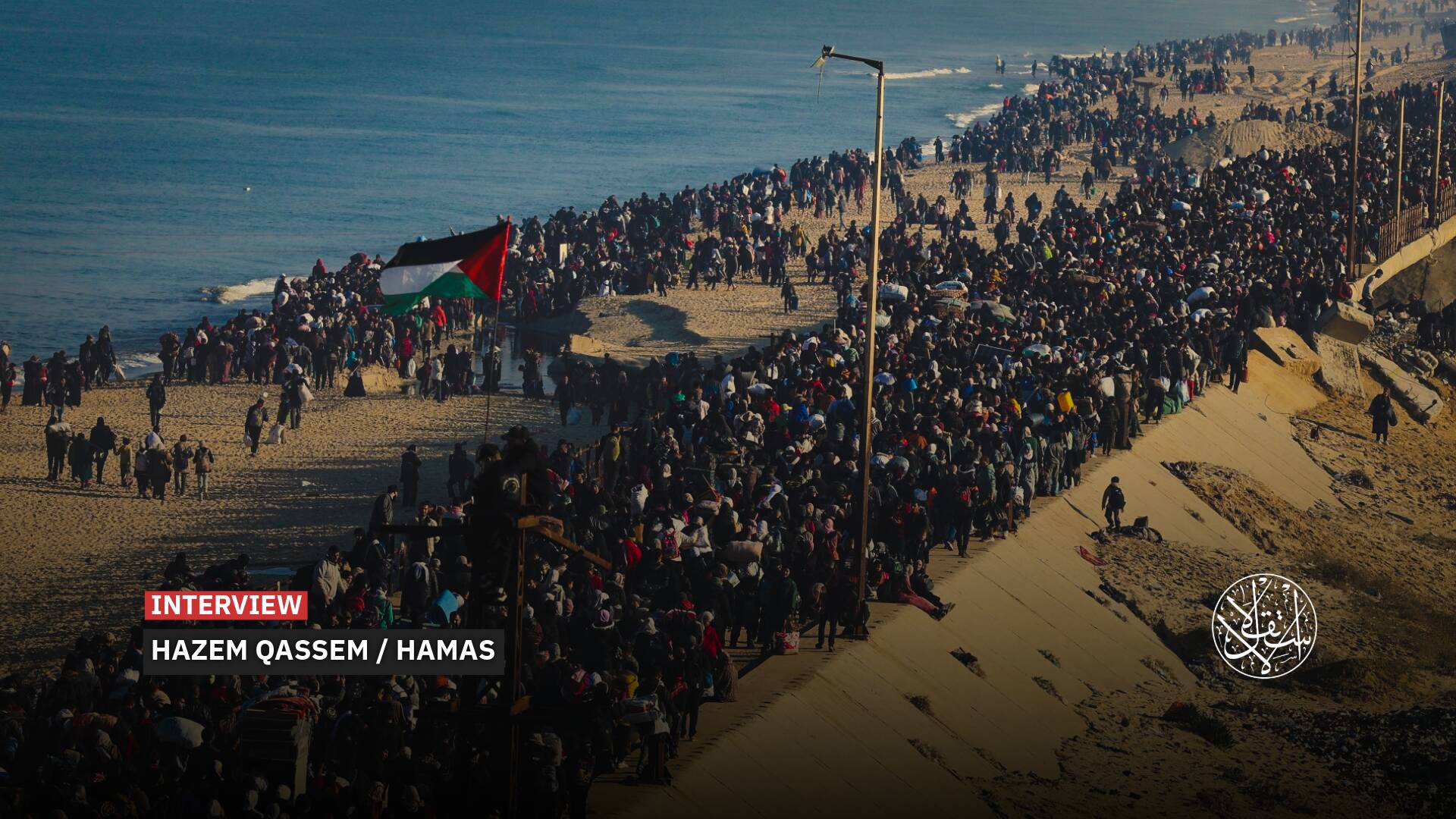Pressure and Protests: Abkhazia’s Fight Against Russian Dominance
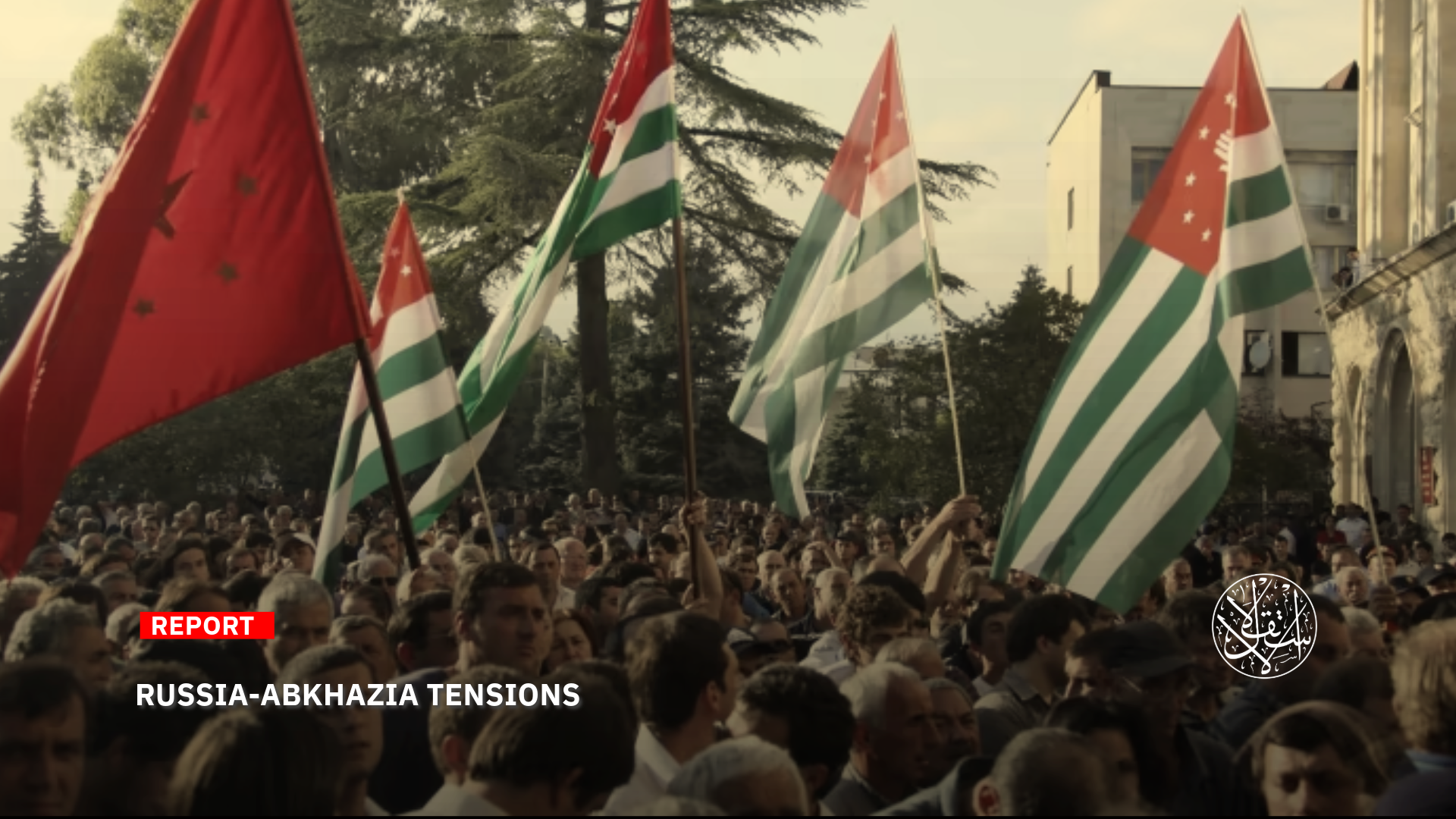
Russia is pressuring Abkhazia to pass its projects there, whether economic or military.
The Republic of Abkhazia, a Black Sea region that declared its independence from Georgia in 1992, is witnessing serious attempts to end its long-standing dependency on Russia.
In the latest manifestation of resistance to Russian dominance, Abkhazian protesters stormed the Abkhazian Parliament on November 15, 2024, to prevent the review of an economic agreement between Moscow and the separatist region, Russian news agencies reported.
During the storming of the Abkhazian Parliament on the day set for ratifying the agreement, “at least 14 people were injured,” two of whom were hospitalized, according to RIA Novosti, citing local health services.
Aslan Bzhania, the leader of the separatist region, which remains recognized only by Moscow, expressed regret that the protests had once again placed the republic in the midst of serious challenges.
Ending Dependency
Abkhazia, located between the Caucasus Mountains and the Black Sea, unilaterally declared its independence in 1992.
While most of the international community recognizes Abkhazia as part of Georgia, in practice, the region has been under Russian control since the brief war in 2008 between Moscow and Tbilisi.

Following the latest protests, the leader of the separatist republic, Aslan Bzhania, stated on November 16, 2024, "I am ready to call for elections and resign [...] and stand in elections. Let the people say who they will support."
Bzhania clarified that his condition for stepping down would be the evacuation of protesters from both the Parliament building and the nearby Presidential Administration building.
If Bzhania were to fall, he would become the third local leader to be ousted in a similar fashion since 2008.
This small region, known for its scenic beauty, has been rocked by unrest amid fears that a proposed investment agreement with Moscow could allow Russian companies to invest in Abkhazia and construct numerous residential complexes across the separatist state.
Protesters blocked roads in the capital, Sukhumi for days, while Russia issued a travel advisory warning its citizens against visiting Abkhazia, a traditional holiday destination for Russian tourists.
Opposition groups fear that the agreement signed in late October 2024 could pave the way for Russians to acquire residential properties in several coastal cities of Abkhazia overlooking the Black Sea.
Abkhazian opposition leader Temur Gulia told Reuters that the protesters’ primary demand was the cancellation of the investment deal with Russia.
Critics worry the deal could enable wealthy Russian individuals and companies to buy property in the fertile Black Sea region, driving up property prices and exacerbating local housing shortages.
Abkhazia began its push for independence from Georgia following the collapse of the Soviet Union in 1991.
The Abkhaz Supreme Council made the decision to reinstate the 1925 national constitution and adopt a new flag for the country.
This move prompted Georgia to declare war in 1992, leading to thousands of deaths and injuries.
Abkhazia’s official currency is the Russian ruble, its capital is Sukhumi, and its political system is republican.
The majority of the population practices Christianity, with Muslims coming second, followed by pagans, a small Jewish community, and followers of other religions.
In 1995, Abkhazia, with a population of around 240,000, banned the sale of residential property to foreigners.
The brief war between Russia and Georgia in August 2008, triggered by disputes over the regions of South Ossetia and Abkhazia, marked a pivotal moment in the resurgence of Russian influence in the latter.
When Russian forces completed their withdrawal from Georgian territory on October 8, 2009, they maintained a military presence in both Abkhazia and South Ossetia, a move that angered Georgia.
Since then, Russia has sought to strengthen its military foothold in Abkhazia, taking advantage of the region’s strategic location along the Black Sea.
Russia’s actions have placed increasing pressure on Georgia, which is keen to distance itself from Russian influence and align more closely with Europe.
Georgia's Ministry of Foreign Affairs has repeatedly voiced concerns over Russia’s attempts to establish an additional military base on Georgian-occupied territory in the city of Sukhumi.
The Georgian ministry has condemned these efforts, calling them a “flagrant violation of Georgia’s sovereignty and territorial integrity and a complete contradiction of international norms.”
Tensions have escalated in recent weeks, as opposition activists have demanded an end to Russia’s dominance over the region and its economy, though opposition parties on November 15, 2024, said that their protests are not directed against Russia.
“The actions of the protesters are not directed against relations between Russia and Abkhazia," the parties said in a joint statement. "In fact, we, the opposition, have always emphasized the importance of fraternal and strategic ties between our countries."
Russia’s Ministry of Foreign Affairs accused Abkhazian opposition groups of overstepping legal boundaries and "provoking escalation."
A spokeswoman for the ministry added that Moscow expected the situation “will be resolved exclusively by peaceful political means.”
Shifts in Russia's Support
Since 2022, the separatist region of Abkhazia and its de facto government have come to realize that Russia's economic, political, and military support has never been unconditional.
The de facto Abkhazian government is entirely dependent on the backing of the Russian Federation.
As a demonstration of this support, Russia has long granted Russian passports and citizenship to Abkhazians, along with substantial economic aid.
Moscow has also maintained a permanent military presence in the separatist region, with ongoing efforts to establish a new permanent naval base on the Black Sea coast in the town of Ochamchire, as well as transferring the operation of Sukhumi’s airport to Russian control.
However, Russia's recent decision to halt funding for the Abkhazian government marks the latest chapter in its rapidly diminishing support for the separatist region.
While the Abkhazian government had enjoyed some political maneuver in the past, since the start of Russia’s war against Ukraine in February 2022, Moscow has demanded unwavering loyalty in exchange for continued support.
There have also been attempts to expand security cooperation between Russia and Abkhazia to include internal security. However, Abkhazian opposition has so far prevented the establishment of joint police forces.
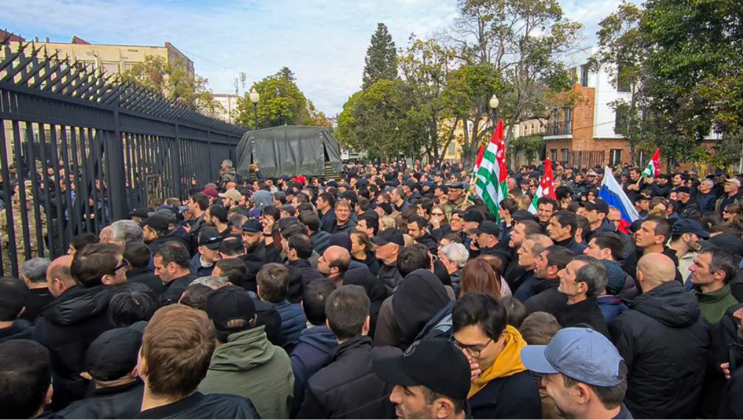
The war in Ukraine has severely impacted Russia's state budget and economy, leaving regions and governments that once benefited from Russian generosity, such as Abkhazia, struggling in exchange for maintaining their dependence.
What has become increasingly clear, however, is that Russia seeks to expand its military influence at the expense of these newly formed republics, which are struggling to chart their own paths toward development.
This is apart from the equations of war and the involvement in Russia's new conflicts under President Vladimir Putin and his expansionist ambitions.
For instance, Russia is pressuring Abkhazia to pass its economic and military projects, capitalizing on the larger dilemma facing the region.
The vast majority of countries do not recognize Abkhazia as an independent entity, and all relations with the region go through Georgia, which is considered an adversary by Russia and aspires to join the European Union.
To meet its needs, the de facto Abkhazian government has turned to Russian financial and energy support, but this reliance has been accompanied by repeated failures in the region’s electricity system caused by the rising costs of imported Russian electricity and Abkhazia's mounting debt to Moscow.
Daily power outages and the growing debt burden have led to mounting unrest among the population.
At the same time, Abkhazia’s increasing economic dependency on Russia has emboldened Moscow’s demands, which have increasingly focused on territorial issues.
Since 2022, the de facto government in Sukhumi has leased land to Russia for a symbolic rent of just one ruble per year (roughly $0.01), opened its shores to a Russian naval base, and faced intense pressure to allow Moscow to purchase property in the region.
Striking Deals
However, Abkhazia became aware that failing to align with Russia's regional demands could have immediate economic and political repercussions.
For example, Russia threatened to revoke the passports it had previously issued to Abkhazian politicians after they failed to pass an unpopular law allowing Russians to acquire apartments in the region.
The decision to cut funding to Abkhazia’s state budget starting in September 2024 marked the culmination of a gradual process, in which “Russian energy has shifted from being a carrot, to helping loyal leaders, to a stick.”
Such a decision has forced Sukhumi to make greater territorial concessions, one of which involved the Abkhazian Parliament attempting to pass an economic agreement with Russia—a move that sparked public protests and led to its eventual cancellation.
In this context, independent regional expert Olesya Vartanyan told reporters on November 17, 2024, that “the crisis was the culmination of mounting Russian pressure to get more from Abkhazia in return for its financial support.”
“The Russians have been paying the Abkhazians, and now they want something in return. They are asking: 'We’ve supported you, and you won’t even let our citizens buy property?'”
“Moscow’s usual approach is to let these periodic crises play out, then strike deals with whatever leader emerges next,” Vartanyan noted.

She added, "Once Moscow recognized every Abkhazian leader, each one became a hostage to Russia. When you come to power, you must be loyal to Russia, and then you must find a way to cooperate."
Now, some observers believe that, in light of recent developments, Russia’s military presence in Abkhazia—long based on bilateral security agreements since the 2008 war—is under threat, particularly concerning Russian forces stationed along the border, which numbered between 5,000 and 10,000 soldiers.
The majority of these troops were withdrawn following the outbreak of the war in Ukraine.
The war in Ukraine has shifted Russia's policy towards its immediate neighbors.
In the case of Abkhazia, Moscow decided to halt funding for key sectors such as healthcare, education, and security for the Abkhazian community in early September 2024, marking a significant reassessment of its political priorities.
On the other hand, Abkhazian leaders expressed their concerns that Russia, which is engaged in a war with Ukraine, would not be able to guarantee their security, especially since Russia withdrew two thousand soldiers from Abkhazia and Tskhinvali (the capital of the Republic of South Ossetia) to cover its losses in Ukraine.
Russia has called on Georgia to sign a binding agreement on the non-use of force, yet this has done little to address the security fears in Abkhazia.
Russia has officially reviewed its previous security commitments, and Abkhazia's fragile economy makes it impossible to maintain its security apparatus without substantial Russian support.
However, Moscow is now seeking to extract its price in the form of new military and economic agreements—demands that are meeting growing resistance from the local population.


